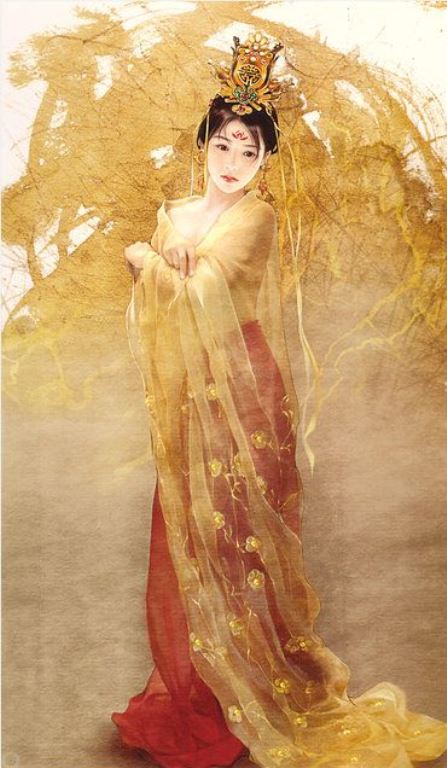 Aleksandr Sergeyevich Pushkin (1799-1837) was a Russian poet and writer and, with his wife Natalya Goncharova, a regular at the court of Tsar Nicholas I. His poetry and prose is famous for having a simplicity and naturalness of expression that give it an almost conversational character. He is widely regarded as the greatest Russian poet and the founder of modern Russian literature. Critics consider his poem, The Bronze Horseman, and his drama, The Stone Guest, to be masterpieces.
Aleksandr Sergeyevich Pushkin (1799-1837) was a Russian poet and writer and, with his wife Natalya Goncharova, a regular at the court of Tsar Nicholas I. His poetry and prose is famous for having a simplicity and naturalness of expression that give it an almost conversational character. He is widely regarded as the greatest Russian poet and the founder of modern Russian literature. Critics consider his poem, The Bronze Horseman, and his drama, The Stone Guest, to be masterpieces.
Eastern Song
I think that thou wert born for this-
To set the poet’s vision burning,
To hold him in a trance of bliss,
And by sweet words to wake his yearning:
To charm him by those eyes that shine,
By that strange Eastern speech of thine,
And by thy feet-those tiny treasures!
Ah! thou wert born for languid pleasures
And glowing hours of bliss divine!
I Loved You
I loved you—
even now I may confess
Some embers of my love their fire retain
But do not let it cause you more distress—
I do not want to sadden you again.
Hopeless and tongue-tied, yet, I loved you dearly
With pangs the jealous the timid know
So tenderly I loved you, so sincerely,
I pray God grant another love you so.
A Magic Moment I Remember
A magic moment I remember:
I raised my eyes and you were there,
A fleeting vision, the quintessence
Of all that’s beautiful and rare
I pray to mute despair and anguish,
To vain the pursuits world esteems,
Long did I hear your soothing accents,
Long did your features haunt my dreams.
Time passed. A rebel storm-blast scattered
The reveries that once were mine
And I forgot your soothing accents,
Your features gracefully divine.
In dark days of enforced retirement
I gazed upon grey skies above
With no ideals to inspire me
No one to cry for, live for, love.
Then came a moment of renaissance,
I looked up – you again are there
A fleeting vision, the quintessence
Of all that’s beautiful and rare
Confession (to Alina Osipova, 1826)
(translated by Genia Gurarie)
Though vain it seems, and melancholy—
Yet to this shameless, hapless folly
I’ll be confessing at your feet.
It ill becomes me: that I’m older,
Time I should be more sensible…
And yet the frivolous disorder
Fills every jitter of my soul.
Say you’ll be gone; I’m jaded, yawning;
You’re back; I’m sad, I suffer through—
Yet how can I be clear, from owning,
My angel, all my care for you!
When off the stairs your weightless footfall,
Your dress’s rustle, reaches me,
Your voice, as maidenly, as youthful—
I lose my senses instantly.
You smile at me; I’m glad, immensely;
Ignore me; and I’m sad, again;
Your pallid hand will recompense me
For the whole day of utter pain.
When you’re embroidering, or setting
Your eye on something fair, or letting
Your hair amuse you; I’m beguiled;
In silence, reddening, all forgetting
I watch you like a spellbound child.
But then how wretched my existence,
How desolate my jealous pain,
When you set out into the distance
To wander in the cold and rain;
And then your solitary grievings,
Or, in the corner, twosome talks,
Or twosome piano in the evenings,
Or twosome trips, or twosome walks…
Alina! just a little mercy—
I dare not even mention love:
For sins I have been guilty of,
My angel, of your care unworthy…
But feign it! All can be achieved
By that absorbing gaze, believe me…
Oh, it takes little to deceive me—
I cannot wait to be deceived!
